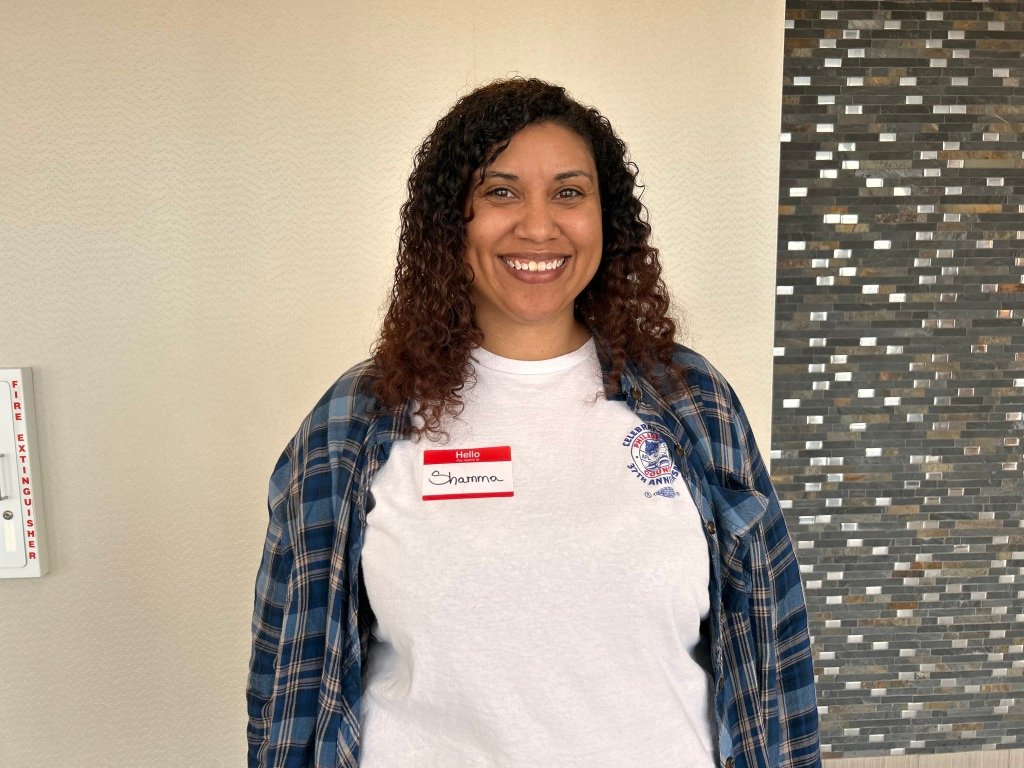What is your name, and what is your job in the film industry?
My name is Shamma Casson. I am a trained actress, and I am also a script supervisor for short films, low-budget films, and other similar projects. I am also a member of the West Virginia Screen Actors Guild.
How did you get involved in script supervising and acting?
I used to work in human resources for Amazon but was laid off. I was living in the state of Delaware at the time, and the state required I take a class about career exploration to receive unemployment. It was that class that made me consider acting as a career path.
My parents were involved in theater and were actors themselves. Of course, they didn’t pursue it seriously because they were young when they had me, and they were focused on just surviving and taking care of a baby. It’s funny how acting ended up being something that interested me as well. It came along at just the right time, and I decided to go for it. I already experienced the “adult career,” so why not pursue something creative?
What is something about the film industry that might surprise our readers?
There are still meetings! You will never get away from work meetings. Be prepared for that.
What are some roles in the industry that our readers might not know about yet?
There are a lot of cool roles that I didn’t realize existed until I was on set. For instance, craft services are important. We all love to eat snacks, and the purpose of that role is keeping people fed throughout the day.
Scouting locations is a big job because not only are you looking for a good spot for filming, but you have to figure out the logistics of getting props, crew, and equipment on set as well. You also have to make sure everybody has a place to park when they arrive to work and other considerations like that.
The art department—especially once you get on like major productions— creates sets made with unbelievable craftsmanship. It’s amazing to see what they can bring to life.
What advice would you give to someone who wants to break into the film industry?
Think about your current skill set because a lot of skills you already have will transfer well to a film set. If you have worked in administration, there are production offices where you can handle the paperwork and issue payments. Someone who likes music could work on sound design or become a boom operator. There is always a need for tradespeople to construct and tear down equipment or create visual effects, and I’m not even talking about computer-generated effects. I’m talking about someone who might be tasked with actually lighting things on fire for a scene, for example. You never know what the next project will need.
Interview conducted, transcribed, and written by Marlynda Arnett, Program Innovation Leader for West Virginia Women Work.

